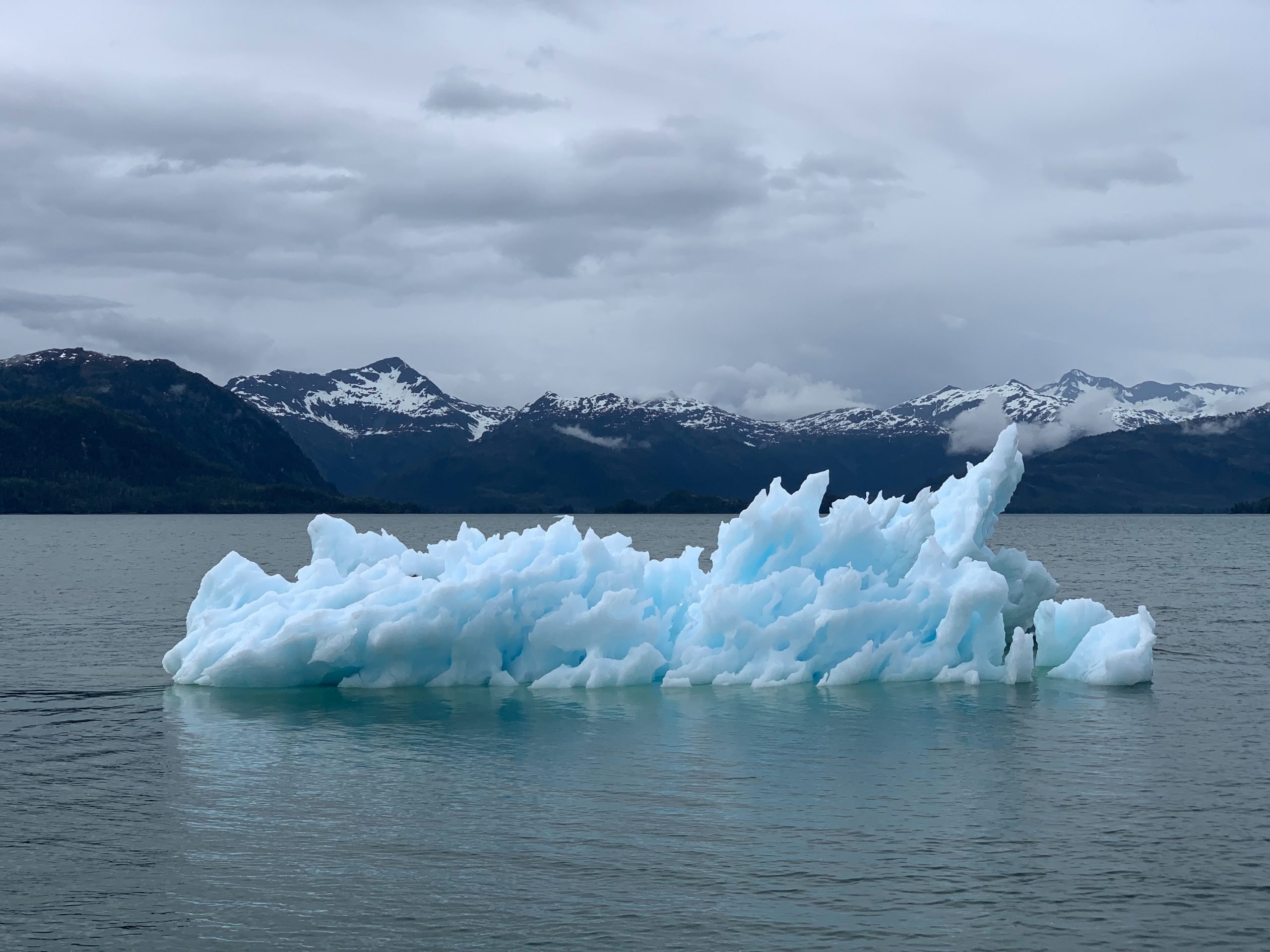
Comment Writer Poppy Turner argues that negative articles have made us too desensitised to climate change
With COP26 dominating the headlines right now, it seems important to reflect on what environmental journalism should be about. Climate change, pollution, deforestation, and extinction are all topics that have dominated newspapers and continue to do so. However, should this be the case?
Do not get me wrong, climate change is an issue that I believe should be as urgent as any major political turbulence or local gossip as it affects us all. It outnumbers and overshadows any other news you might find on the science and technology tab on news websites. In fact, many websites have their very own climate section, separate from science. The major problem I have with the thousands of articles which detail the damage humans have caused on our planet is not the sheer amount of them; it is the obvious lack of anything else.
On any given day, if you search ‘environment’ into google and check the news tab, the vast majority of the articles will be painful to read. They detail our relentless exploitation of the planet we call home. Dead animals, dirty oceans, abnormal weather, and the suffocation of an ecosystem which seems destined for a dismal, non-existent future. It is something everyone is aware of yet begs the question: why has it not stopped?
In my opinion, it is predominantly due to the toxic trait where people believe the environment is not their utmost priority. I think about the essay I forgot to hand in yesterday before I think about the ice caps melting and my Aldi shop definitely feels more important than the brutal destruction of the rainforest. Before you know it, there is a whole horde of anxieties, ideas, and to-do lists that are sat on top of fixing the planet. As a result, articles about the climate are often buried and ignored.
Articles about the climate are often buried and ignored
But desensitisation is the unspoken monster. The reason why that BBC News notification about an oil spill or a recently extinct animal is so easy to swipe away, is because it is something that is far from old news. The constant repetition of pessimistic stories is what eventually makes people tune out until the climate crisis is nothing but a distant issue. Statistic after statistic can become mind-numbing, especially when they tells us how close we are to the point of no return. It is one of the reasons why not everyone is on board with caring for the planet, despite the emphasis on urgency.
The constant repetition of pessimistic stories is what eventually makes people tune out
Here is where the ‘lack of anything else’ comes in. Although the amount of negative media content concerning the climate crisis is brutally honest, it is missing the happy content that keeps readers coming back. You might even say that the emphasis on the maltreatment and poor state of the planet makes people forget how beautiful it can really be. For example, David Attenborough’s documentaries can be so haunting and tear rendering in their display of the Earth’s sublimity that reading an article about the climate crisis straight after arguably has twice the intended effect. People often sympathise with, and rarely tire of, the cute or the aesthetically pleasing and when it connects with them emotionally, they become attached. When they then see that animal under attack, it is more likely to spur them into action.
Journalism, especially environmental journalism, is often guilty of showing the negative face of the coin, when another flip could garner the reaction it needs.
Therefore, I revoke the title of this article. Environmental journalism should focus on climate change, but letting that be the only topic is continuing to stall the movement. It should be about raising awareness of what we are losing, which is sometimes easy to forget. That means adding the sprinkle of hope and positivity to the constant onslaught of terrifying data, even if it is guilt-tripping. It is the only way to stop desensitisation.
Read more from our Comment writers here:
Drink Spiking: Is All Publicity Good Publicity?
Comments